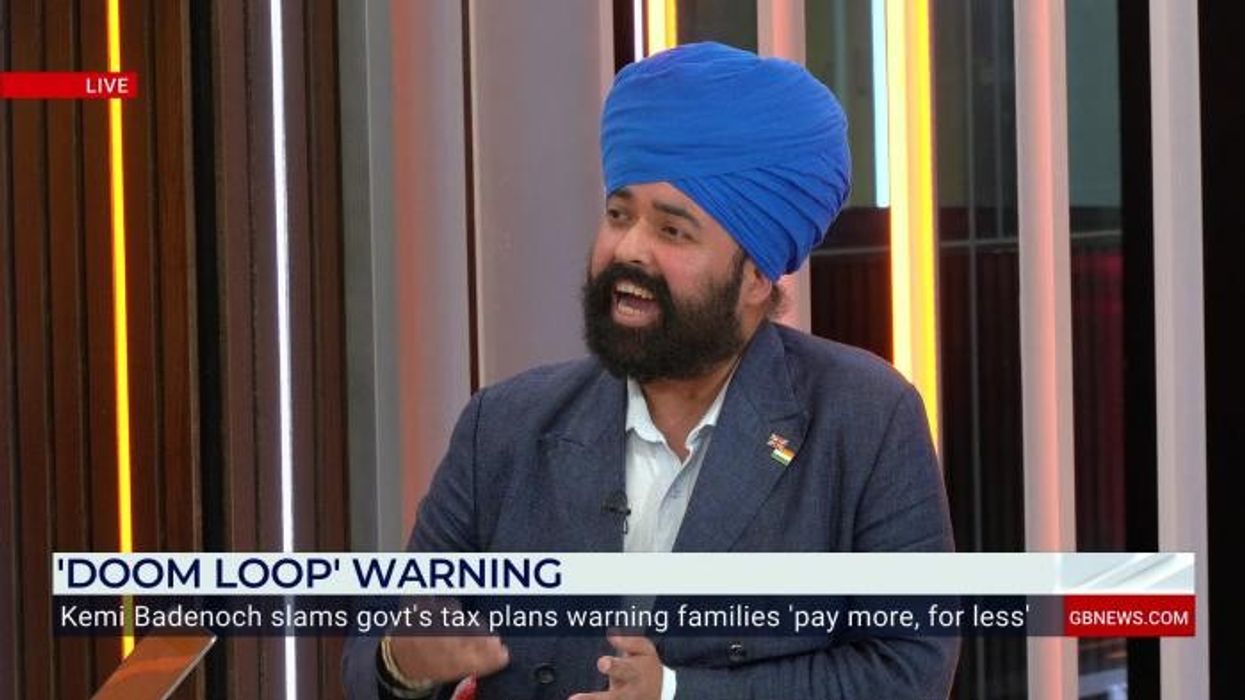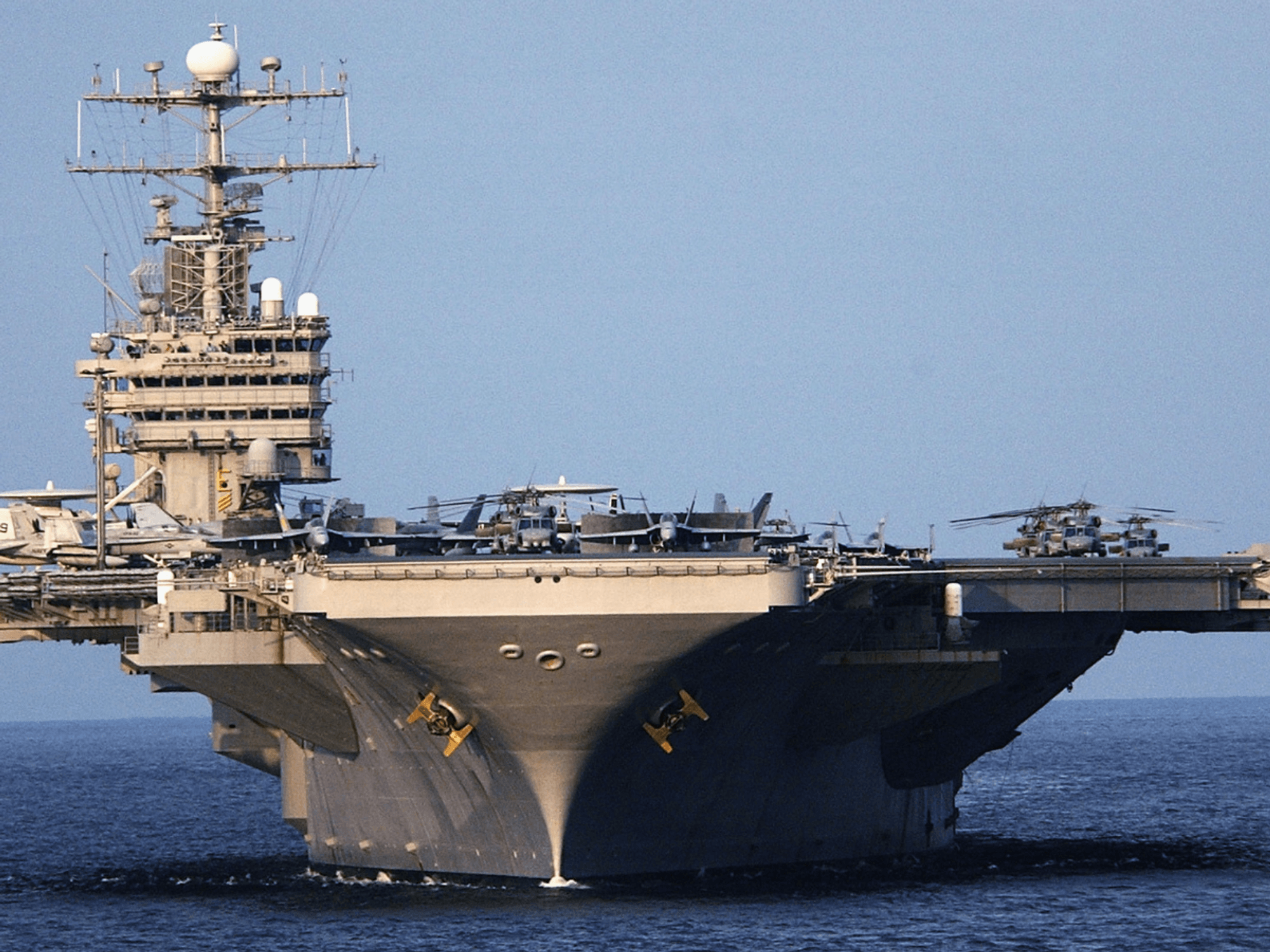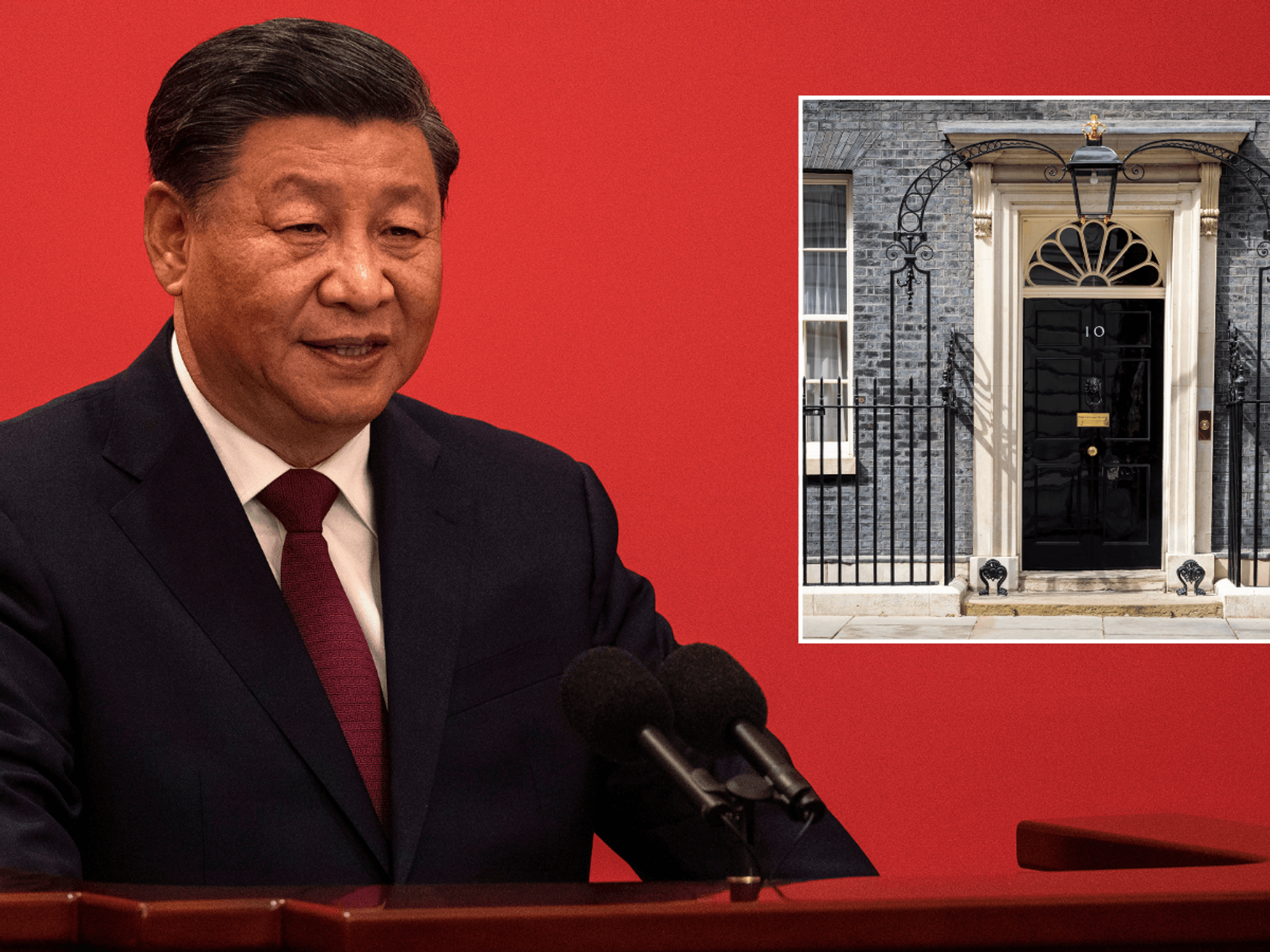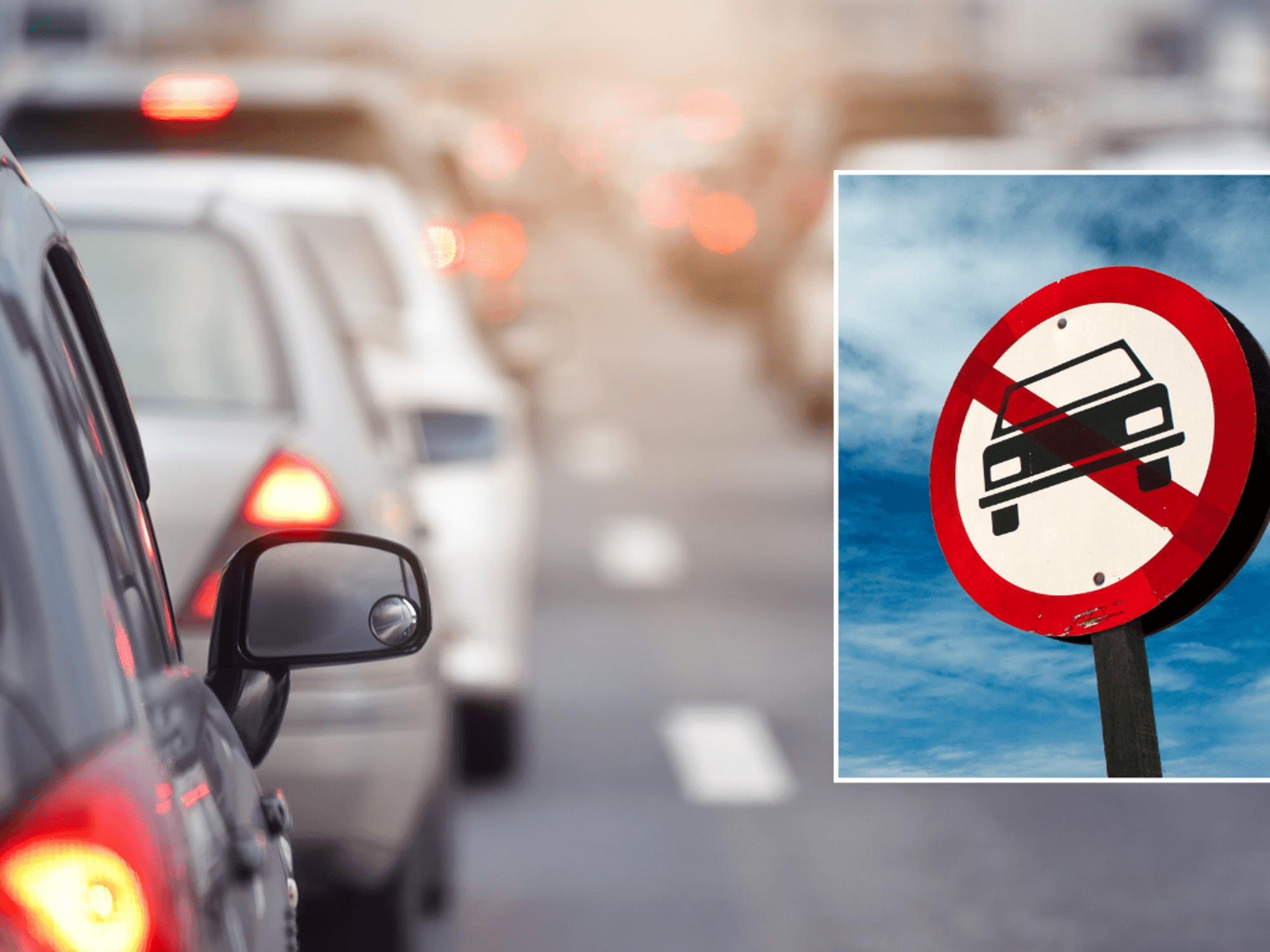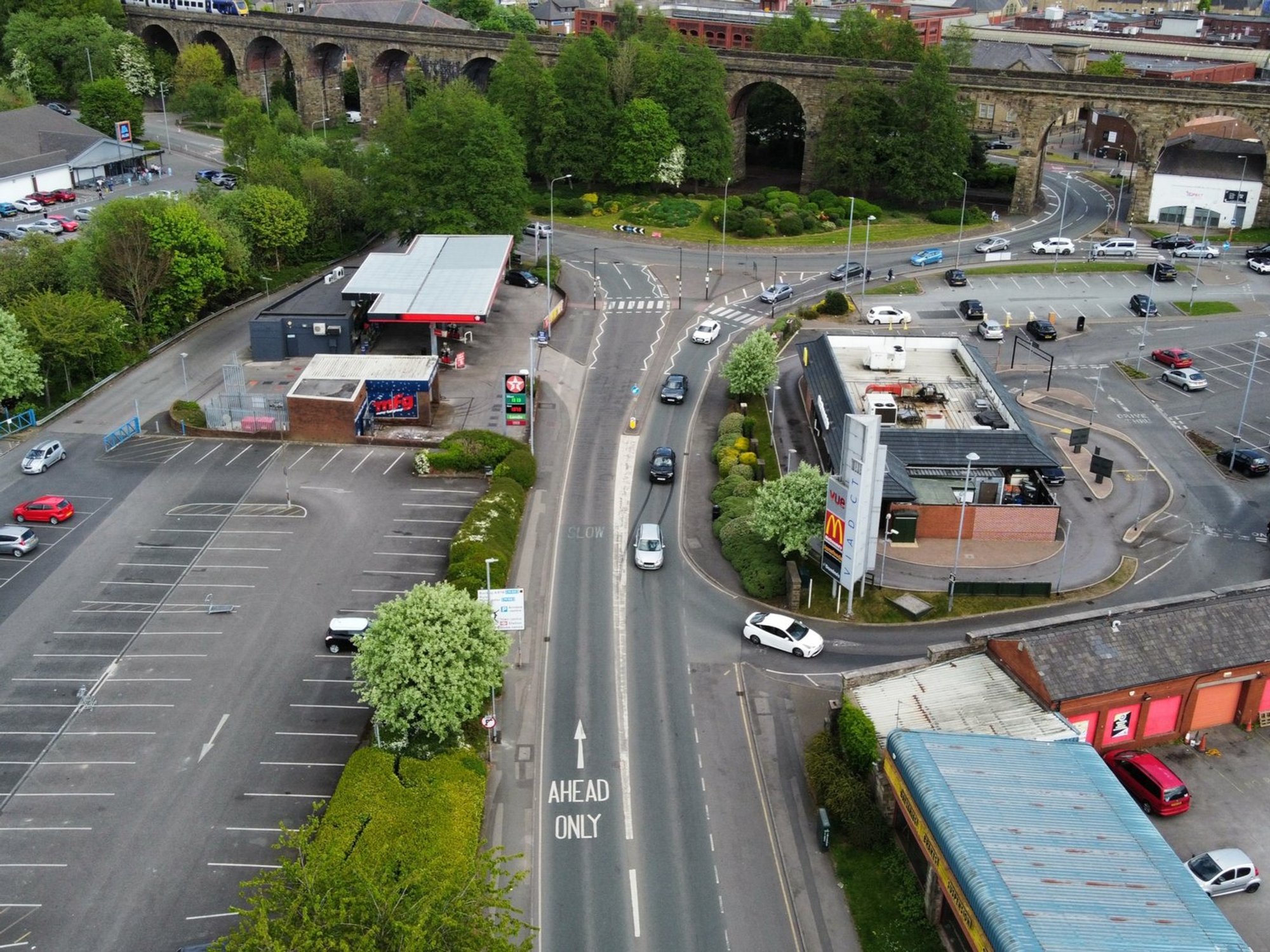Rachel Reeves tipped to freeze fuel duty for another year offering lifeline to petrol and diesel drivers

Government sources have suggested that fuel duty could be extended beyond March 2026
Don't Miss
Most Read
Latest
Drivers could see fuel duty frozen beyond its current end date of March 2026, offering continued relief to millions of motorists across Britain.
It comes after reports revealed that officials are looking to maintain the long-running freeze despite criticism from economists who have called for fuel duty increases to help stabilise funding blackholes.
The current freeze includes a temporary 5p per litre cut introduced in 2022, which has been extended for three consecutive years.
Chancellor Rachel Reeves described maintaining the freeze as a "substantial commitment" in last year’s Autumn Budget, stating that increasing the tax would be the "wrong choice for working people" while cost-of-living pressures remained high.
Do you have a story you'd like to share? Get in touch by emailing motoring@gbnews.uk
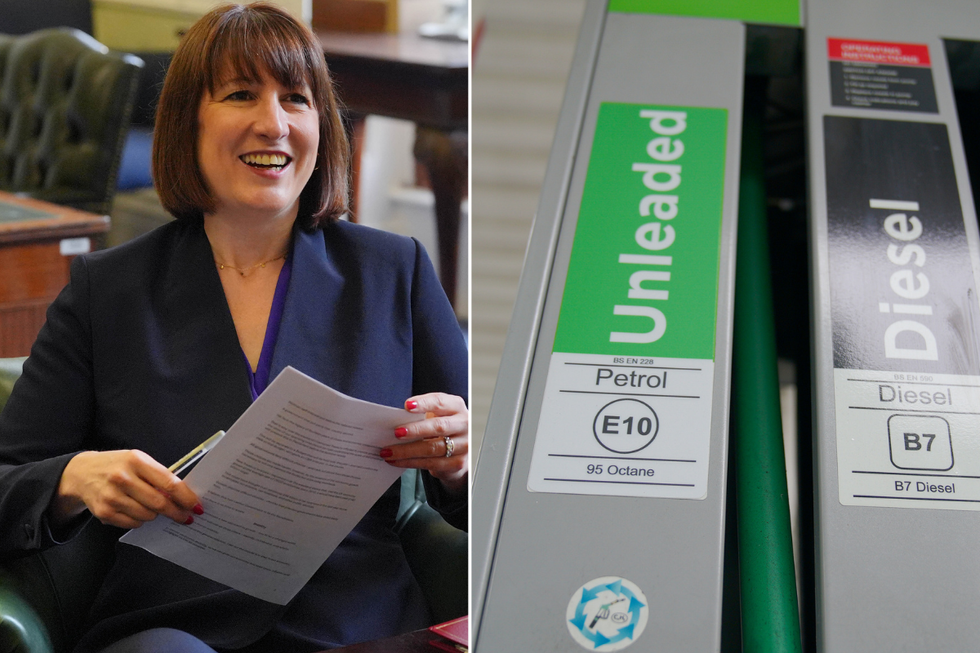
The fuel duty freeze will expire in March next year, with sources suggesting it could be extended again
| PAGovernment officials now believe their approach has been justified by continuing cost-of-living challenges facing British households.
The Treasury's stance also follows inflation reportedly surging to 3.6 per cent, marking the highest level in 18 months, according to Office for National Statistics figures.
This represents a significant increase from the 1.7 per cent inflation rate when Reeves delivered her Budget last October.
But the decision to maintain the freeze has drawn criticism from think tanks, including the Institute for Fiscal Studies, which argued the freeze would be the wrong choice.
Paul Johnson, the IFS's then director, told the i Paper that it was "almost unbelievable" that the Government had frozen fuel duties while "raising other taxes dramatically and claiming to be focused on tackling climate change."
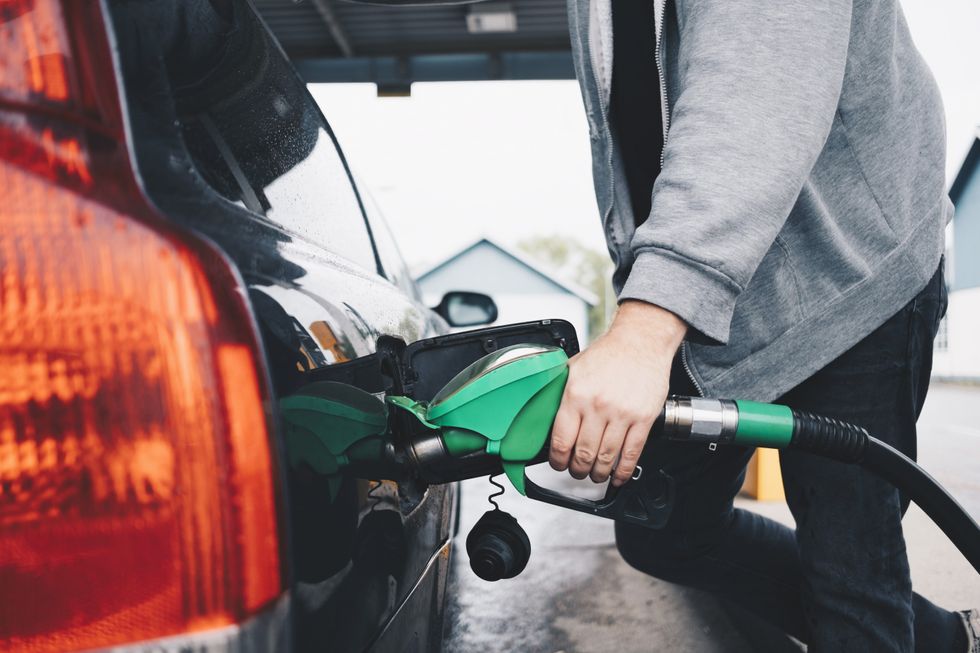 Drivers are expected to hear about the future of fuel duty at the Autumn Budget | GETTY
Drivers are expected to hear about the future of fuel duty at the Autumn Budget | GETTYMeanwhile, the Social Market Foundation has argued that retaining the 5p cut was a "regressive policy" benefiting society's wealthiest.
The current freeze saves drivers approximately 7p per litre compared to previous plans, equivalent of £50 yearly, with the headline rate on standard petrol and diesel standing at 52.95p per litre.
Fuel duties have remained a significant revenue source for the Government, expected to generate £24.4billion in 2025-26, roughly £850 per household.
The temporary cut was first introduced by the previous Government at the Spring Statement in 2022 to support households during high energy prices, but as more drivers switch to electric vehicles as part of the Zero Emission Vehicle mandate, experts have warned that the fuel duty is no longer fit for purpose.
LATEST DEVELOPMENTS:
Sheena McGuinness from RSM UK said: "Despite the Government's claims that the UK is on the brink of a 'green industrial revolution', the annual fall in fuel duty revenues continues to cast doubt on the Government's energy strategy and its commitment to achieving net zero."
Meanwhile, more than 100 Labour MPs have joined the Living Standards Coalition, a new parliamentary caucus that could increase pressure on the Chancellor to maintain the freeze.
The coalition's formation reflects growing concern within Labour ranks about household budgets amid rising living costs.
Sir Keir Starmer told MPs at Prime Minister's Questions this week: "I am not going to write the Budget months out from the Budget."
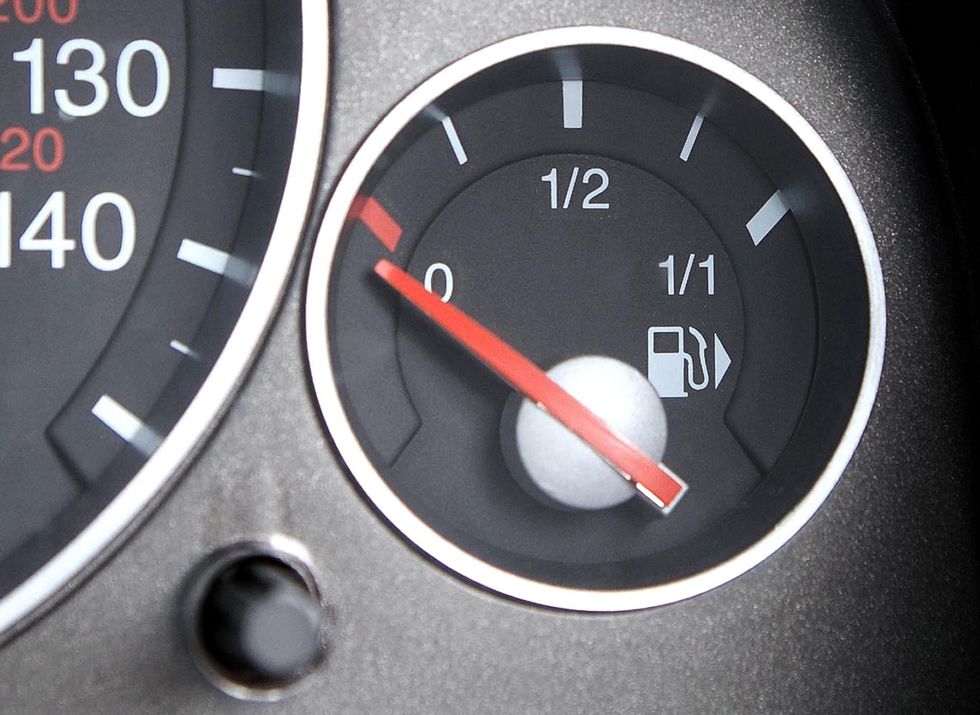 The UK Government has kept fuel duty frozen at 5p per litre since 2022 | PA
The UK Government has kept fuel duty frozen at 5p per litre since 2022 | PAA Treasury spokesperson told GB News: "The 5p cut is set to expire in March 2026. The Chancellor makes decisions on tax policy at fiscal events in the context of public finances."
The Office for Budget Responsibility estimates the fuel duty freeze will cost the Exchequer £3.015billion in 2025-26, with continuing costs of approximately £890million annually through to 2030.
However, some City economists have suggested that inflation could peak at four per cent this Autumn, adding further pressure on household finances.
The measure benefits an estimated 36 million individuals by maintaining reduced fuel duty payments, according to government impact assessments.


